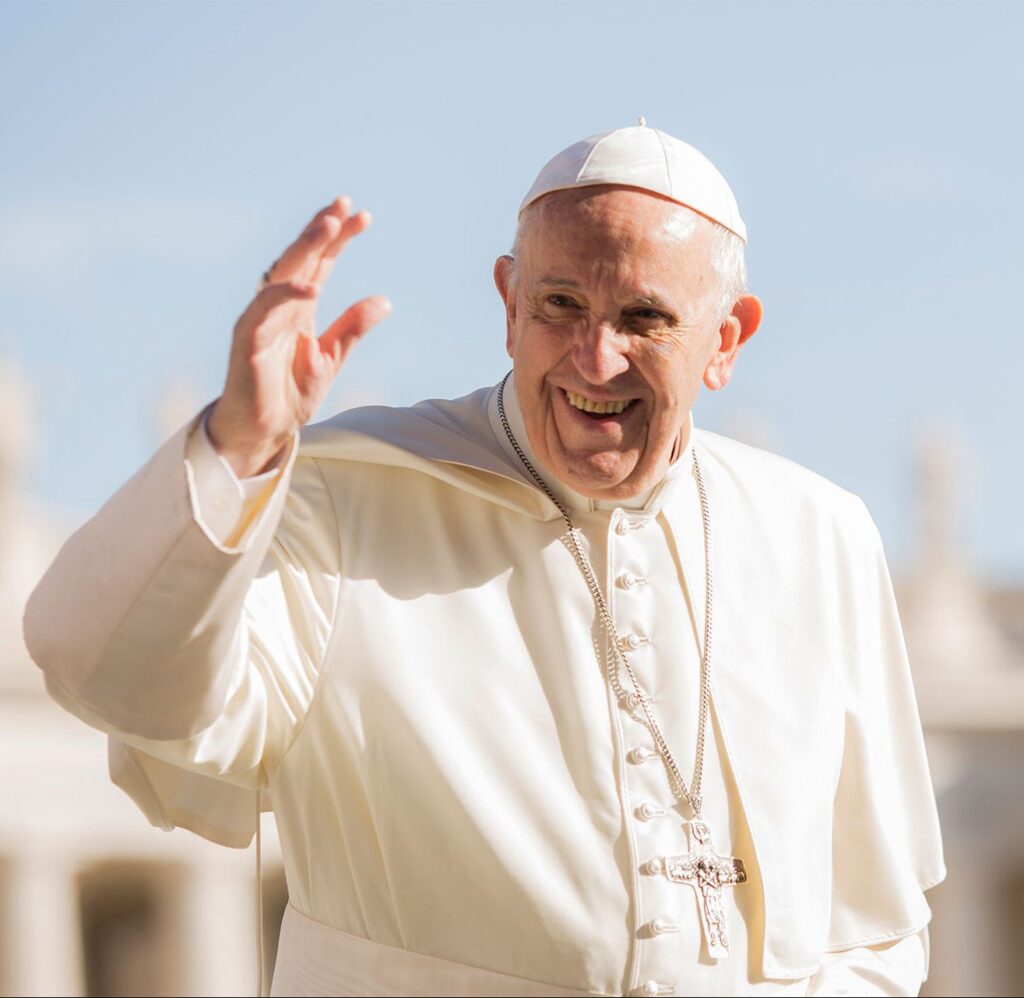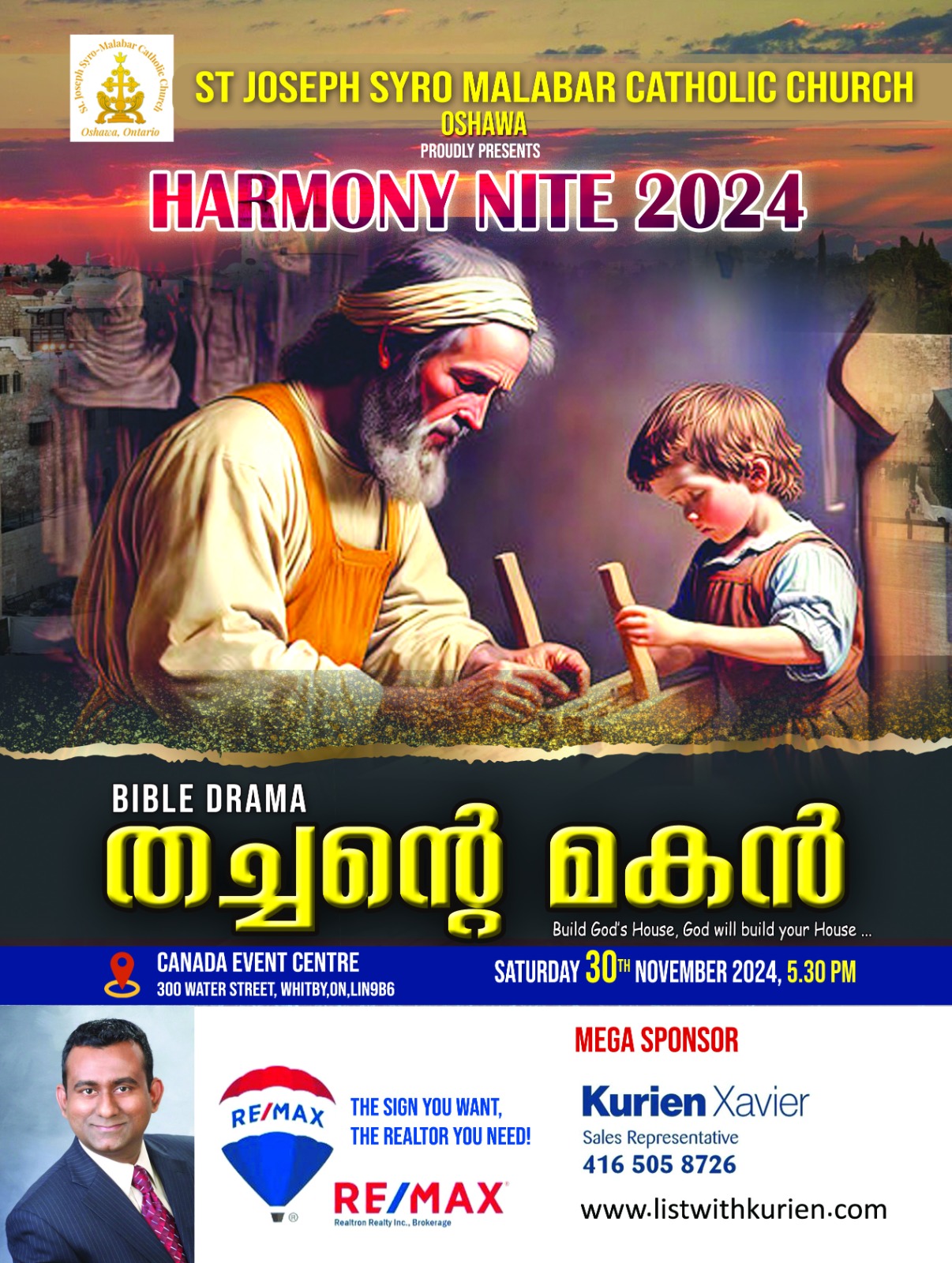
Pope Francis is the 266th Bishop of Rome. Francis was elected to the papacy on March 13, 2013, to replace Benedict XVI, who resigned from office two weeks earlier. Themes that have come to define Francis’ papacy include poverty, mercy, and joy.
Francis is the papal name of Jorge Mario Bergoglio. Bergoglio was born in Buenos Aires, Argentina, to two Italian immigrants, on December 17, 1936. He holds advanced degrees in chemistry, philosophy, and theology. Before starting his seminary education, he worked as a janitor, a bar bouncer, and a lab assistant for a chemist. After several years of study, he entered the the Society of Jesus in 1958. After finishing his initial training, Bergoglio took vows of poverty, chastity, and obedience, and became a Jesuit on March 12, 1960. He was ordained to the priesthood almost a decade later, in December 1969.
Prior to coming to Rome, Bergoglio served several roles as bishop in Argentina, including Metropolitan Archbishop. He was made a cardinal in 2001 by Pope John Paul II, and held several administrative positions within the Roman Curia, the central governing body of the Catholic Church.
What exactly does the Pope do?
The Pope gets his name from the Greek word for “Father,” pappas. He’s called a father because of his role as the spiritual leader of the world’s 1.2 billion Catholics. He is responsible for unifying Catholicism’s voice and centralizing its doctrine. The Pope is also the head of Vatican City, which is the world’s smallest independent city-state.
It’s the Pope’s job to appoint bishops. Sure, it’s a complicated process involving several people, but the Pope has final say in these appointments. Naming bishops is an important task, since these men carry out the Pope’s vision at local levels. There are more than 5,000 bishops throughout the world, and it’s the Pope’s responsibility to meet with them at least once every five years.
The Pope also selects the College of Cardinals, which is the group that will elect Francis’ successor. According to Thomas Reese, popes “appoint men who reflect [their] own views on theology and other issues facing the church.” Cardinal selection, then, is crucial to the Pope’s work since these men will continue to carry out Francis’ vision for the Church even after he’s gone.
In addition, the pope offers a weekly blessing and a weekly address to tourists and Catholics visiting the Vatican. He also delivers messages on Church holidays, including the Urbi et Orbi, “to the city and to the World,” given at Christmas and Easter.
source: https://www.vox.com/2018/7/13/17570124/who-is-pope-francis


